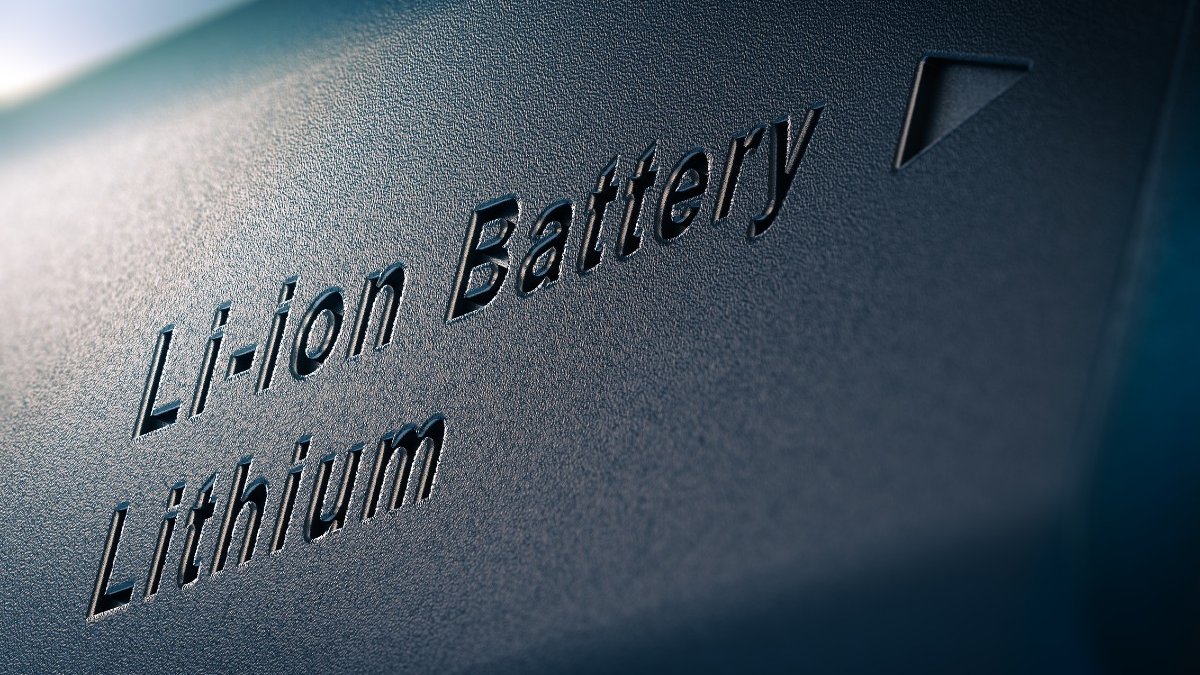Surrey reveals a new technique to diagnose and track lithium-ion battery degradation
An international team of researchers has devised a method to detect the degradation mechanism of lithium-ion batteries.

Lithium-ion (Li-ion) batteries are seen as the great hope for the future of battery technology because of their immense potential for long-life cycles and energy density. However, degradation is one of Li-ion batteries' toughest challenges. To eliminate the degradation and extend the lifespan, scientists need to figure out what causes IT in the first place.
In a paper published in Energy & Environmental Materials, the University of Surrey, together with TESCAN Brno, s.r.o.. (a leading global supplier of scanning electron microscopes and related charged-particle beam instruments) and the Oak Ridge National Laboratory explain a new way to detect and investigate Li-ion's degradation mechanisms.
The team used an integrated characterisation platform to directly observe inside the batteries' electrodes. This platform is based on a dual-beam electron microscope, with the mass spectrum equipment attached to it.
Using the platform, the team was able to study the behaviour of widely-used electrodes in Li-ion batteries (NMC cathode and graphite anode), and, for the first time ever, the team was able to observe degradation take place. These observations could scientists make improvements to the performance of Li-ion batteries can be improved in the future.
Dr Yunlong Zhao, project CO-lead from the University of Surrey, said:
"If lithium-ion batteries are to meet their potential by playing an integral role in our day-to-day lives via a varied range of applications, the scientific community needs to identify and investigate the complex reactions during their degradation. Our method could be the building block that allows Li-ion batteries to improve energy density."
Dr Tan Sui, project co-lead from the University of Surrey, said:
"Our team of talented scientists were driven by the prospect of developing a method that could someday allow Li-ion batteries to play a leading role in a greener planet. We are excited by what the future might bring."
...
Note to editors
This work is co-led by two early-career academics at Surrey: Dr Yunlong Zhao from the Advanced Technology Institute (ATI) and Dr Tan Sui from the School of Mechanical Engineering Sciences (MES).
Read the full paper ("Degradation Diagnostics from the Subsurface of Lithium-Ion Battery Electrodes" published on Energy & Environmental Materials) here.
Featured Academics
Media Contacts
External Communications and PR team
Phone: +44 (0)1483 684380 / 688914 / 684378
Email: mediarelations@surrey.ac.uk
Out of hours: +44 (0)7773 479911

